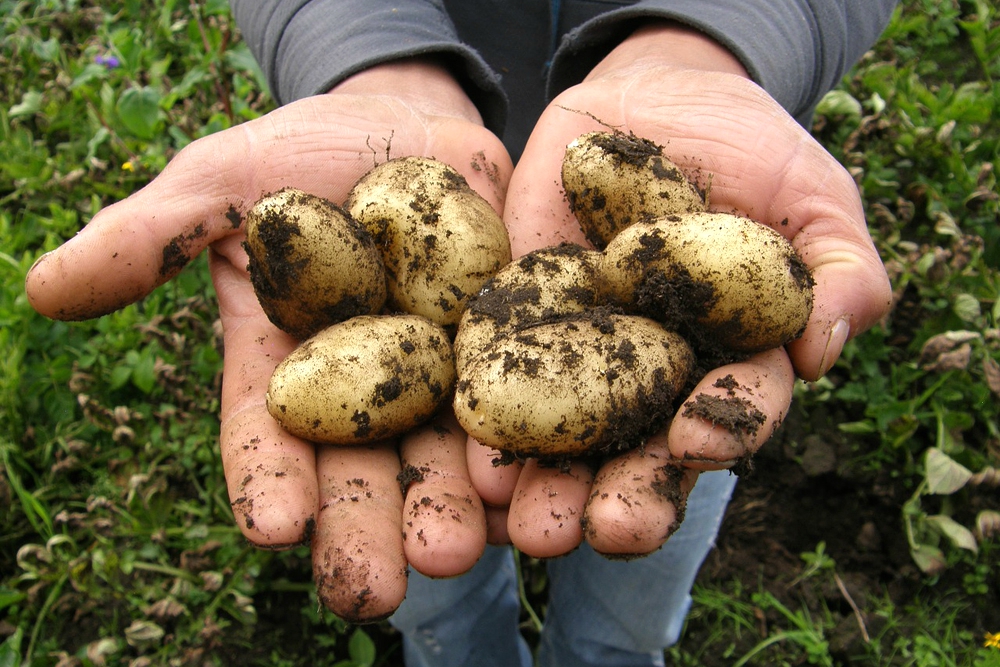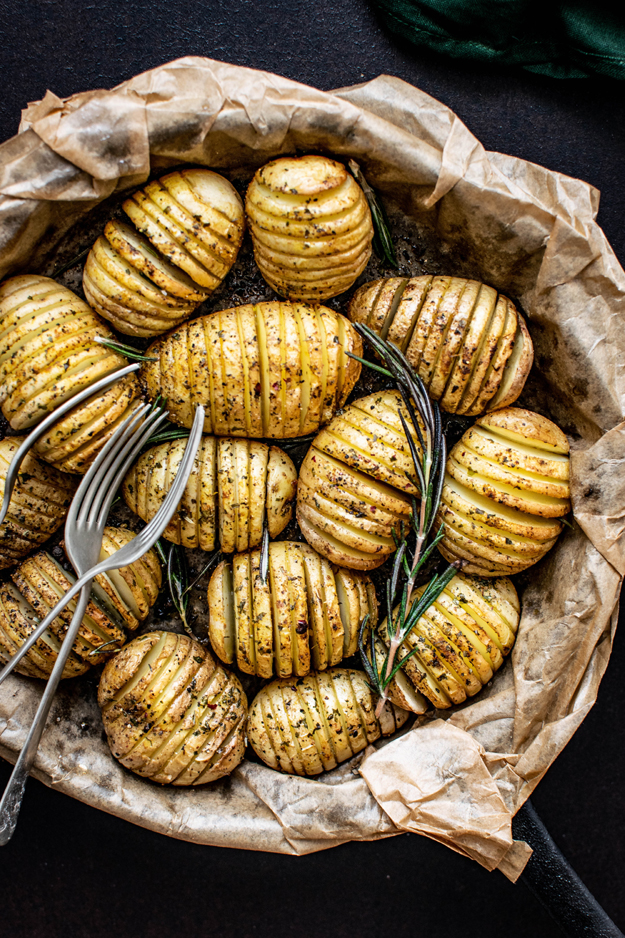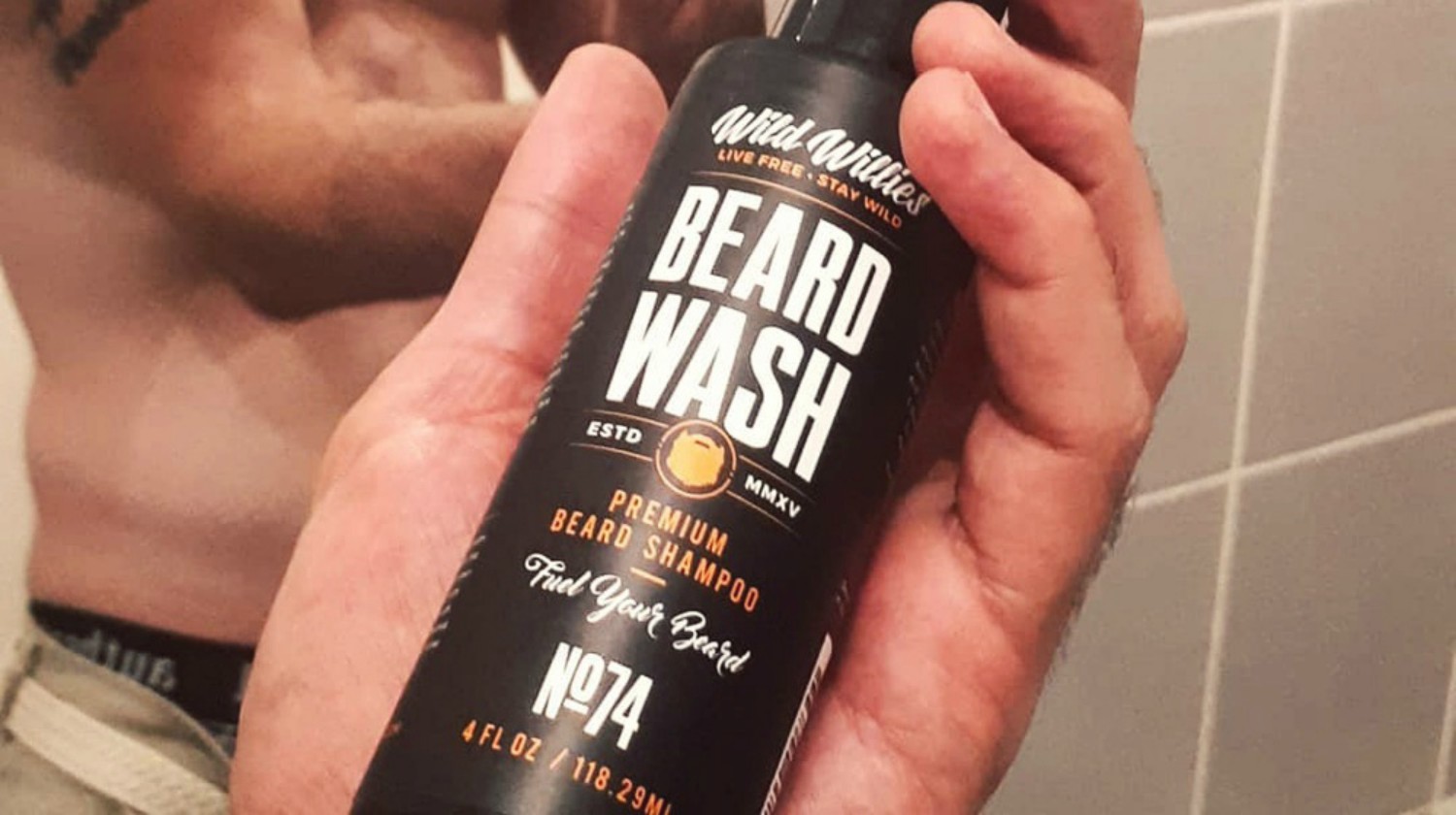Do It Yourself
Why Potatoes Should Be The First Crop In Your Backyard Garden

Preppers know better than to rely on commercially sold food. During this pandemic, it’s wise to take up gardening. First agenda on your list? Potato nutrition!
Why You Can Rely on Potato Nutrition
If you’ve been to a grocery store lately, you know that many shelves are noticeably bare. Although this mostly refers to canned goods, pasta, and dairy aisles, it has caught the attention of Americans. As a result, backyard gardening and an interest in self-sustaining practices are on the rise.
With the majority of Americans working from home and avoiding unnecessary shopping trips, this is the perfect time to start your own vegetable garden.
But, figuring out where to begin can be overwhelming. You may worry about when you return to work and have less time to tend to your garden.
And if you’re without a green thumb, you’ll be seeking crops that are easy to grow. So, we highly recommend starting with potatoes.
Potatoes have gotten a bad rap as of late, after being so often consumed as fried chips or French fries. But potatoes themselves are little powerhouses, full of nutrients, and a staple in diets around the world.
Here’s why potatoes should be the first vegetable you plant in your garden.
1. Potatoes Grow Well Almost Anywhere
Potatoes likely originated in South America and were brought back to Europe by explorers in the 15th century. They had been grown by the Incans starting in 8000-5000 BC.
Most people think of potatoes as an Irish staple, but China is actually the world’s leading potato grower. Next on the list are India, Russia, Ukraine, and the United States.
The entire world consumes and benefits from potatoes. They are present on nearly every continent and are the fourth most consumed food after wheat, corn, and rice.
The odds are in your favor if your yard, patio, or balcony will support potato growth.
2. They Are Incredibly Easy to Grow
Part of the appeal of potatoes is you don’t need to purchase seeds to get started; you can use any potato with eyes on it to start the growing process.
All you have to do is cut up the potato into smaller pieces containing eyes. Let the pieces dry in the sun for 24 hours.
Plant them 6” apart or in their own pots, in slightly acidic soil. All they will need is sunshine, water, and well-drained soil.
Potatoes can be planted early in the spring and even a second time during the year if you have a long growing season. Potato plants will not die in a frost, although you will want to cover them if a hard freeze is coming.
3. Potatoes Are Good for You
Potatoes are a starchy vegetable. Yet, many believe it is an empty carbohydrate, but this is far from the truth. When combined with butter or a milk protein (like sour cream), potatoes will provide nearly all of the nutritional requirements for long-term sustenance.
Potato nutrition contains protein, potassium, vitamin C, phytochemicals, antioxidants, folic acid, and vitamins A, D, E, and K. They have no sodium, fat, or cholesterol. They will even hydrate you since they are made up of 80% water.
Potatoes are actually the perfect survival food, keeping you full while providing nutrients.
4. Store Potatoes for Months
You can store potatoes for up to 6 months in a cool, dark room or basement (45-50 degrees Fahrenheit). You won’t want to keep them in a refrigerator or freezer, as this will spoil their flavor.
Ideal storage conditions are in a paper or burlap bag, and you will want to check them for spoils or sprouts so that you can remove those potatoes and stop the spread to the rest of your harvest.
5. It’s Hard to Ruin a Potato

Even those who don’t cook will have a hard time ruining a potato. You can prepare them in any number of ways, even over a campfire.
You can slice, dice, or mash them. Bake, boil, or fry them, too. You can add them to any dish to enhance it, including soups or stews.
There is no reason to delay planting potatoes. If you don’t have a pot, you can even plant them in a reusable bag. Start on your garden today…with potatoes!
Have you planted potatoes in your garden? We’d love to hear your experience in the comments section!
Up Next:
-

 Do It Yourself7 months ago
Do It Yourself7 months agoParacord Projects | 36 Cool Paracord Ideas For Your Paracord Survival Projects
-

 Do It Yourself9 months ago
Do It Yourself9 months agoHow To Make Paracord Survival Bracelets | DIY Survival Prepping
-

 Do It Yourself9 months ago
Do It Yourself9 months ago21 Home Remedies For Toothache Pain Relief
-

 Do It Yourself9 months ago
Do It Yourself9 months agoSurvival DIY: How To Melt Aluminum Cans For Casting
-

 Exports8 months ago
Exports8 months agoAre Switchblades Legal? Knife Laws By State







